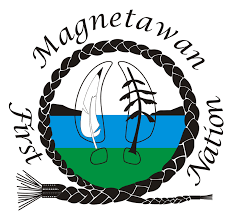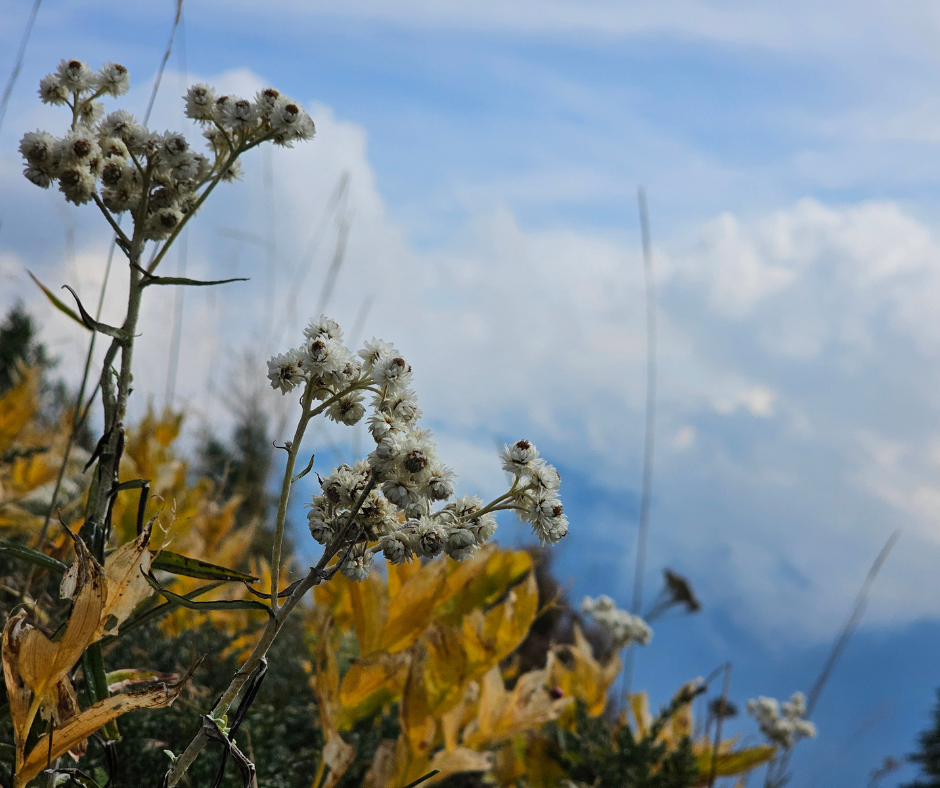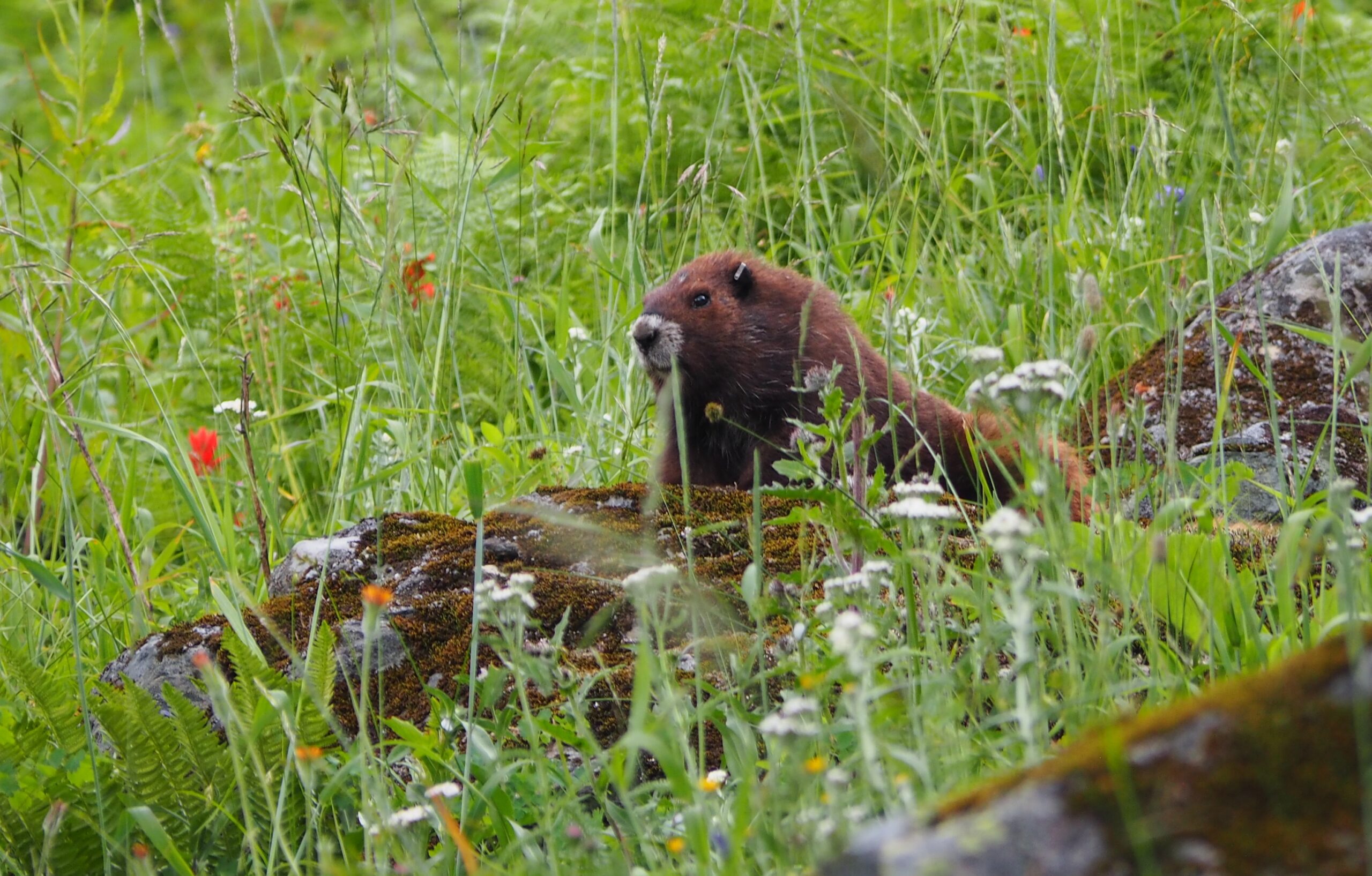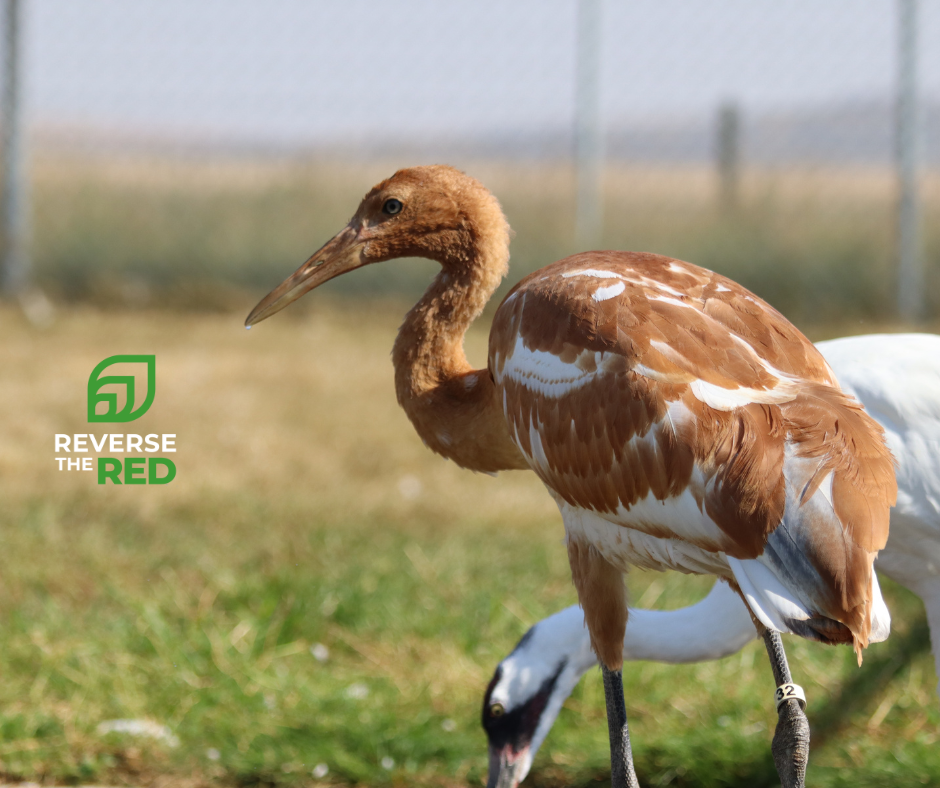The Kinship Program: Wildlife, People, and Place
Along the wetlands in the Georgian Bay region of Ontario, Magnetawan First Nation (MFN) has long run a turtle egg incubation program grounded in cultural knowledge and community stewardship. Now, in partnership with the Wilder Institute, this work is expanding to strengthen conservation capacity and safeguard Ontario’s at-risk turtle species.
The situation
Southern Ontario is home to the greatest diversity of turtles in Canada—but also some of the country’s most threatened habitats. Over the past decade, Ontario’s wetlands have declined by more than 68%, with 10,000 hectares lost to development, agriculture, and other human activities.
All eight of Ontario’s native freshwater turtle species, six of which are found in Magnetawan First Nation, are at risk of extinction. These turtles play a vital role in maintaining healthy wetland ecosystems, yet their populations continue to decline.
What is threatening turtles
Turtles face multiple, overlapping threats:
- Habitat loss and degradation: Wetlands, marshes, and bogs have been drained, filled, or fragmented by roads and development.
- Road mortality: Turtles often need to cross roads to reach nesting, feeding, and mating areas. Many are struck by vehicles, and about half of those killed are adult females traveling to nest—a major blow to populations that can take up to 20 years to reach maturity.
- Illegal collection and bycatch: Poaching, boat strikes, and accidental capture in fishing gear also take a toll.
- Predation: In many parts of Ontario, populations of predators, such as raccoons and foxes, are much higher than they were historically resulting in predation rates that may be unsustainably high over the long term.
Turtles are particularly vulnerable because of their slow life cycle. It takes 1,200–1,400 eggs—or about 60 years—for one turtle to replace itself in the wild. Even small increases in mortality can have lasting population impacts.
The work
Magnetawan First Nation is an Ojibwe community located east of Georgian Bay, south of Sudbury, Ontario. They have been leading turtle conservation efforts since 2018 through a community-driven turtle egg incubation program that gives vulnerable nests a greater chance of survival.
Magnetawan First Nation’s program has grown into a model for Indigenous-informed turtle conservation. They now coordinate data collection and permit reporting for several neighbouring First Nations and for the Georgian Bay Mnidoo Gamii Biosphere, creating a network of shared learning and action. This partnership blends egg incubation, habitat stewardship, and cultural knowledge, and reflects their deep connection to and stewardship of the land. In 2025, the Wilder Institute joined this long-standing effort as part of the Wilder Canada Action Plan (WCAP)—a national framework for inclusive, multi-species conservation carried out in partnership with communities across the country.
This marks the first new Wilder Canada Action Plan Priority Program, an initiative designed to amplify Magnetawan First Nation’s leadership, strengthen conservation capacity, and establish a foundation for long-term, community-led recovery efforts.
Together, Magnetawan First Nation and the Wilder Institute are developing a Community Conservation Hub on Magnetawan First Nation territory—a place for training, youth employment, and community-led research, as well as a base to expand conservation capacity across Robinson Huron Treaty lands through the Guardian Network.
Our joint conservation impact
By joining hands, this program aims to double the number of turtle eggs incubated each year—from 2,500 to 5,000— address threats such as habitat loss and road mortality and expand the reach and impact of community-led conservation across Eastern Georgian Bay.
Through the Wilder Canada Action Plan, the Wilder Institute will provide additional resources, training, and technical support to help Magnetawan First Nation expand its sustainable conservation programs for turtles and beyond.
While the partnership begins with freshwater turtles, it is designed to evolve alongside Magnetawan First Nation’s broader stewardship vision—protecting the interconnected lands, waters, and wildlife of Eastern Georgian Bay.
Did you know?
A snapping turtle can lay around 40 eggs each year — but only one in a thousand makes it to adulthood. Community-led incubation programs give these at-risk turtle species a far better chance of survival.
Teamwork
Together with the following partners and local communities, we’re working to secure a future for Ontario turtles.





